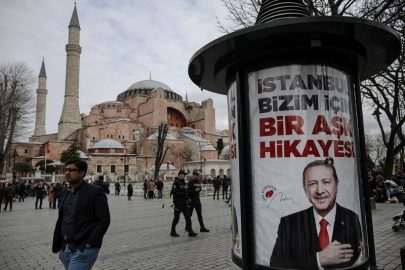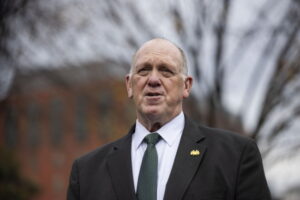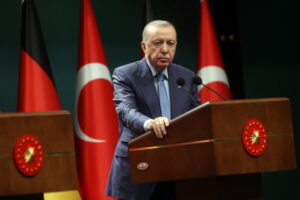The quiet is nagging at Hasan Gormez as he sips a traditional Turkish black tea outside a cafe in Yeniceabat, a hamlet about a two-hour drive south of Istanbul. “Back in the day, the village coffee shop was filled with happy farmers joking around,” says Gormez, 48, who works 30 acres he inherited from his family. “Now everyone here is upset about the economy, and our kids are gone.”
The “New Turkey” President Recep Tayyip Erdogan has been touting ahead of local elections on March 31 is a nation emboldened by its economic clout, even though a recession has cut short the expansion that had gone on almost uninterrupted since late 2009. Yet by hitching development to consumer spending and urban infrastructure projects, Erdogan has also accelerated one of the biggest population shifts in modern Turkish history, dislodging 2 million people from agriculture jobs to look for work in the big cities.
The share of the workforce employed in farming has almost halved, to 15 percent, during Erdogan’s 16 years in power, while an area of arable land the size of Holland has been taken out of cultivation. As villages have emptied, Turkey’s self-sufficiency has withered: The Economist Intelligence Unit’s latest Global Food Security Index ranked it 48th of 113 nations, below Saudi Arabia, Qatar, and other desert states.
Read more HERE
Ask me anything
Explore related questions





